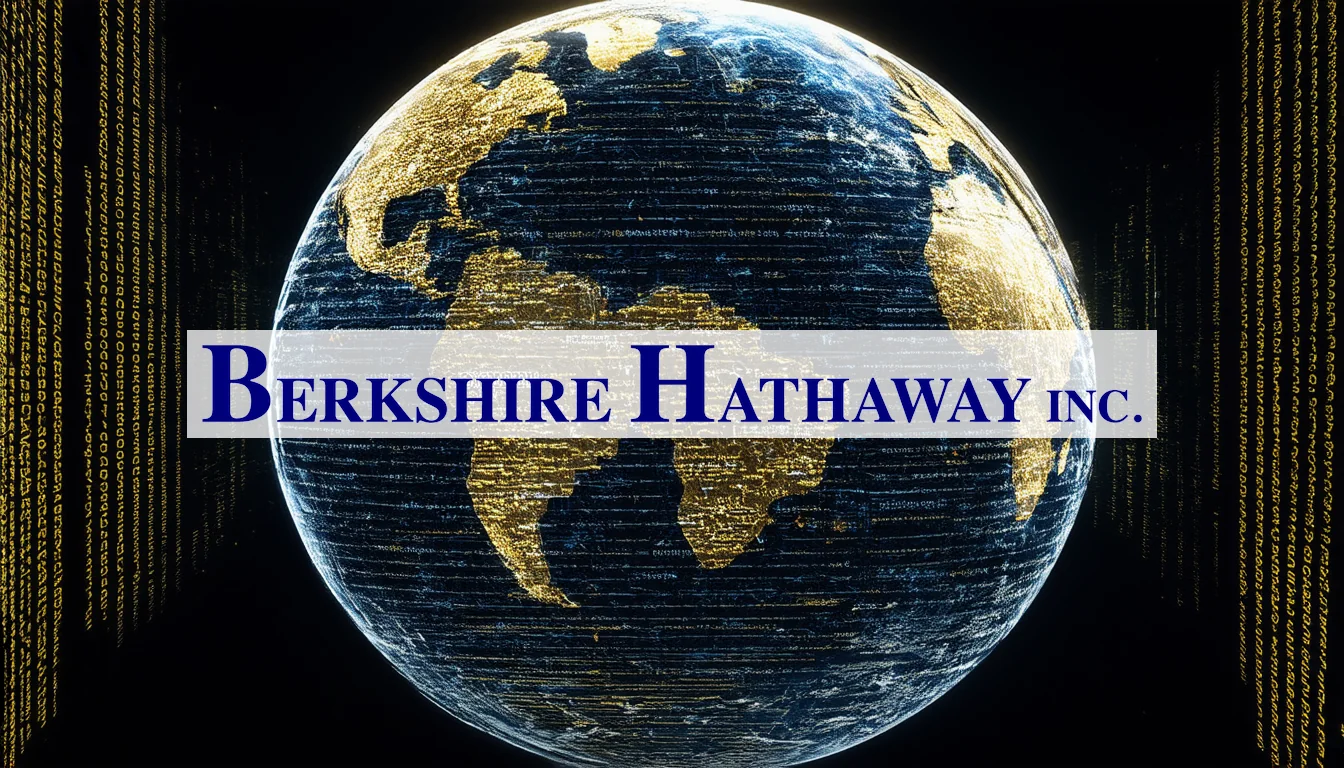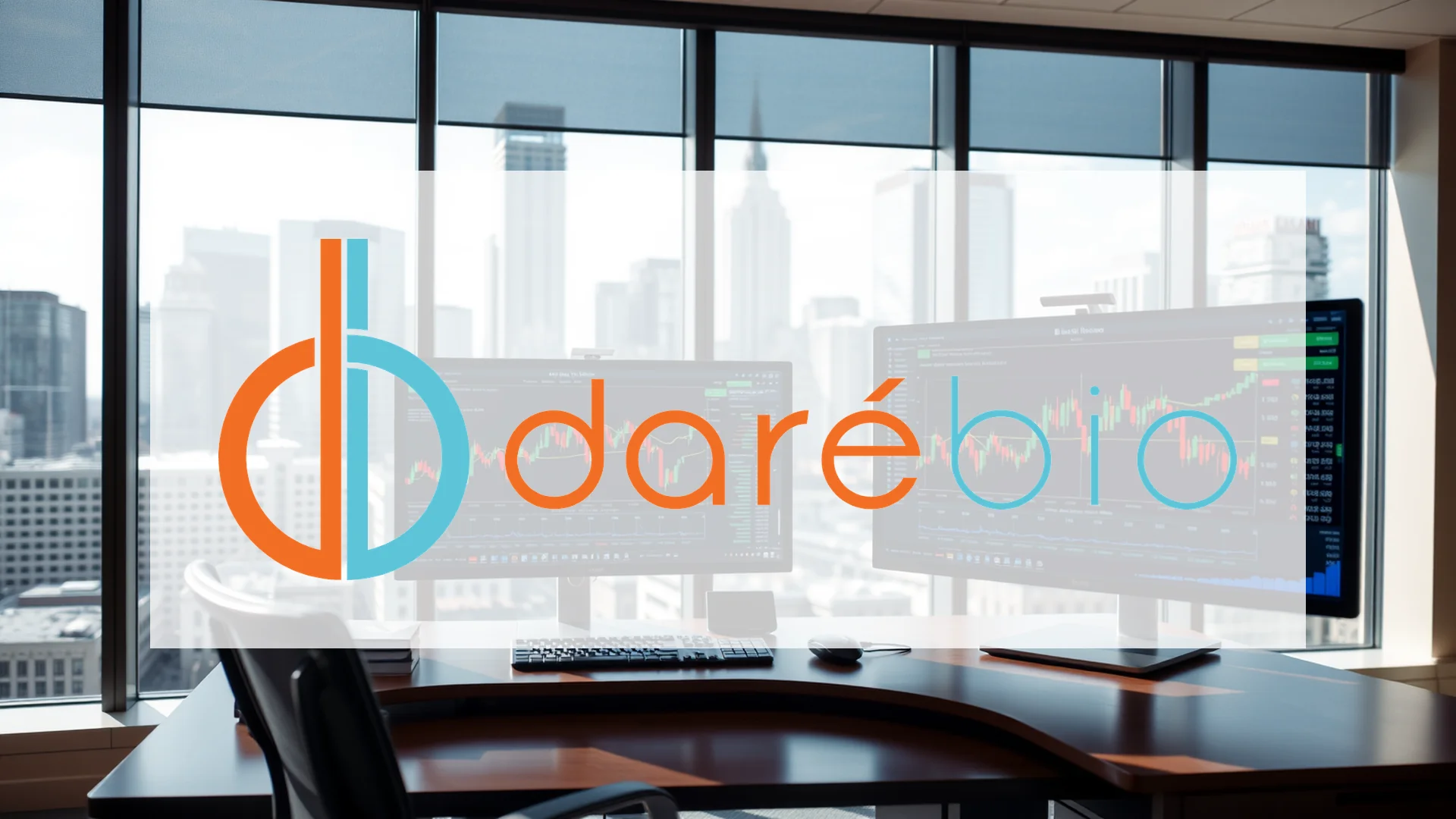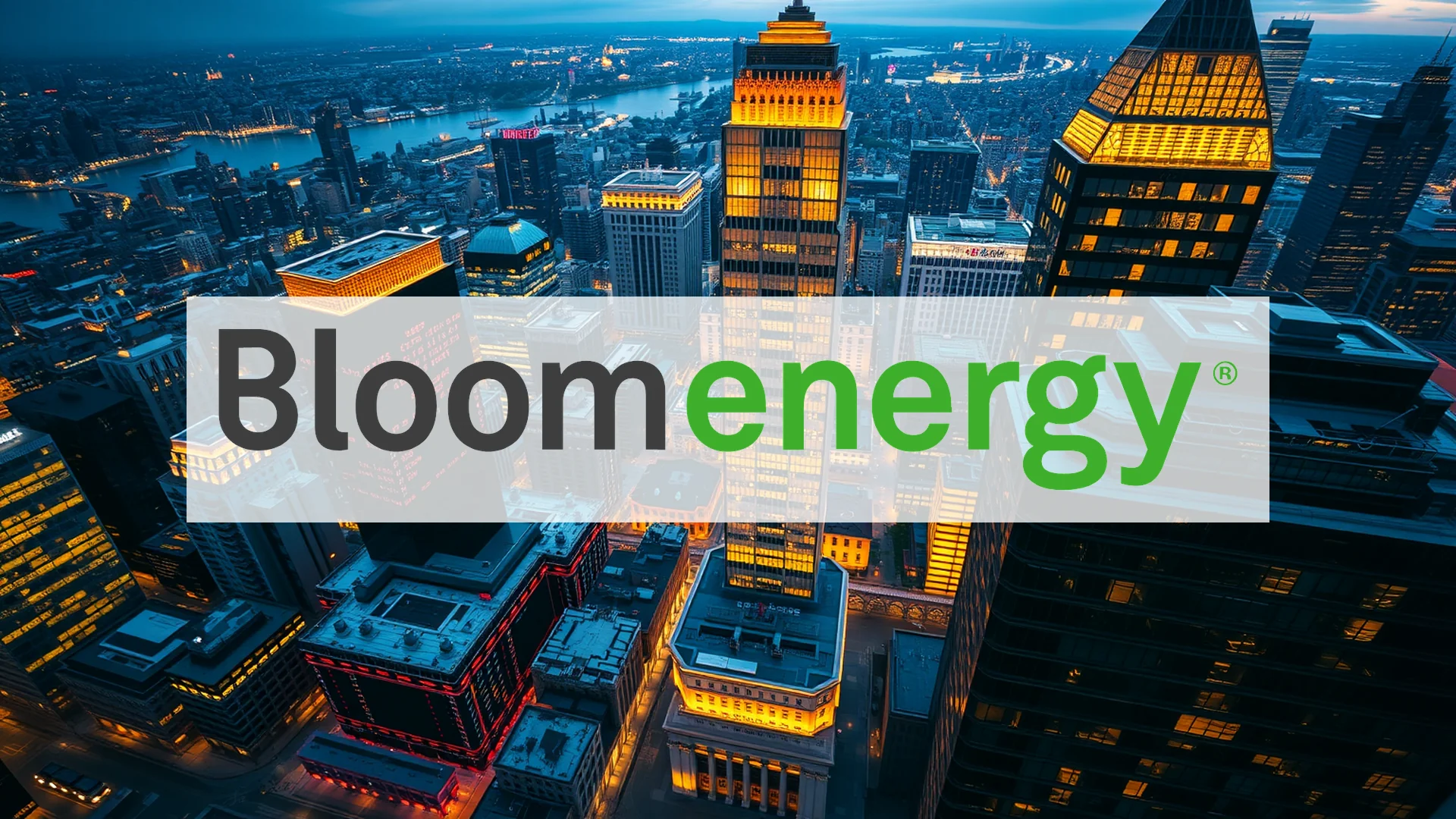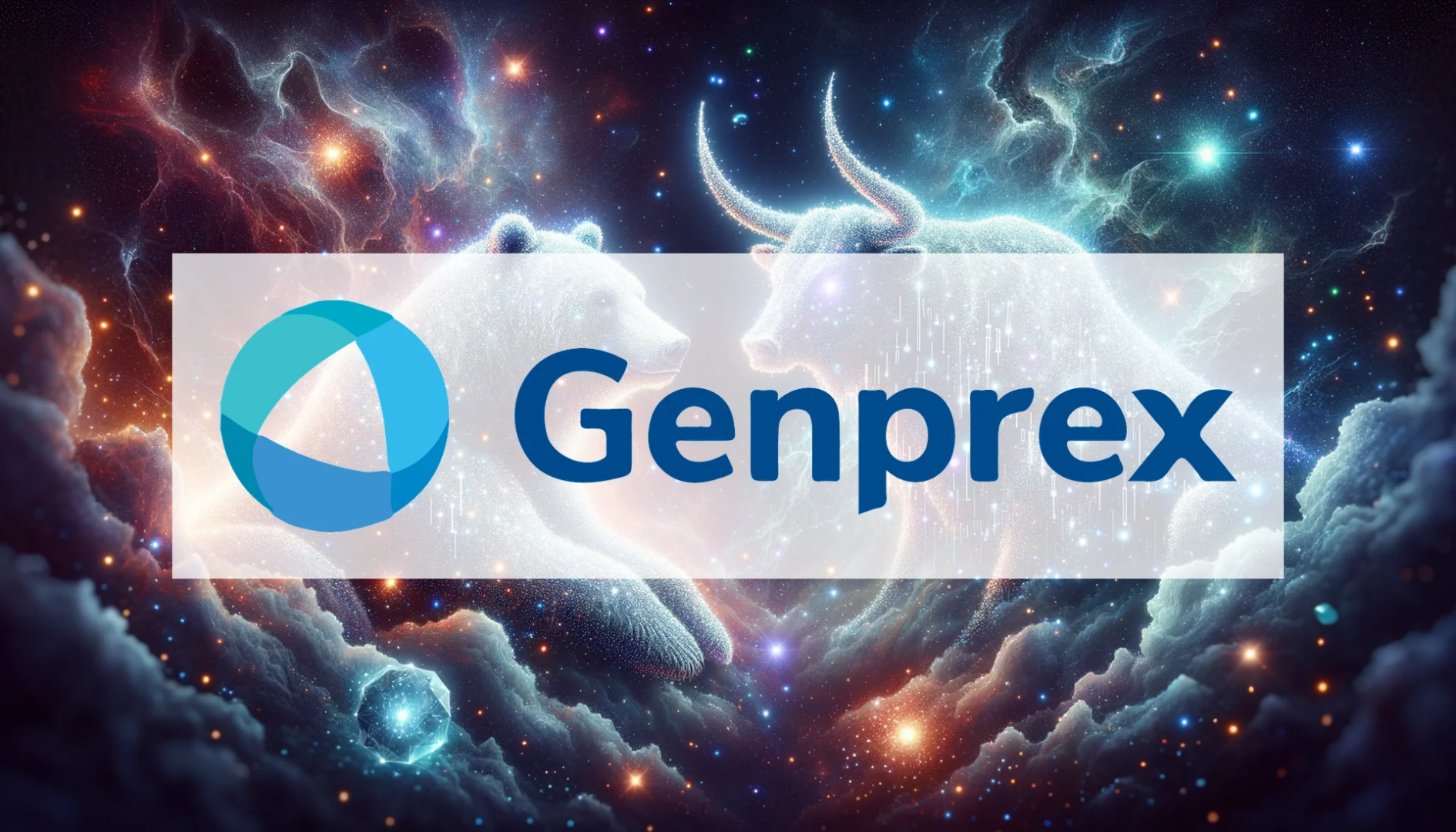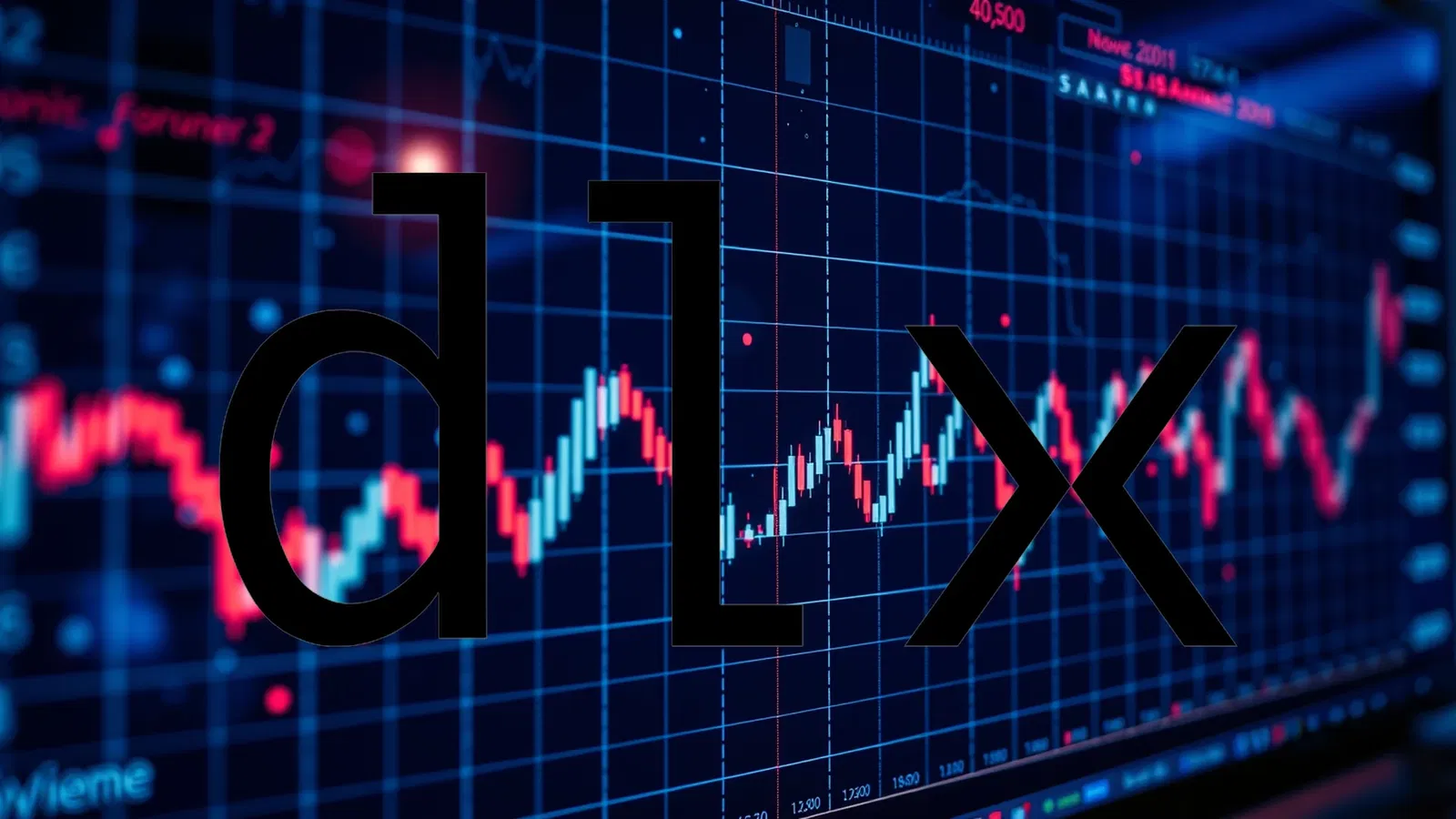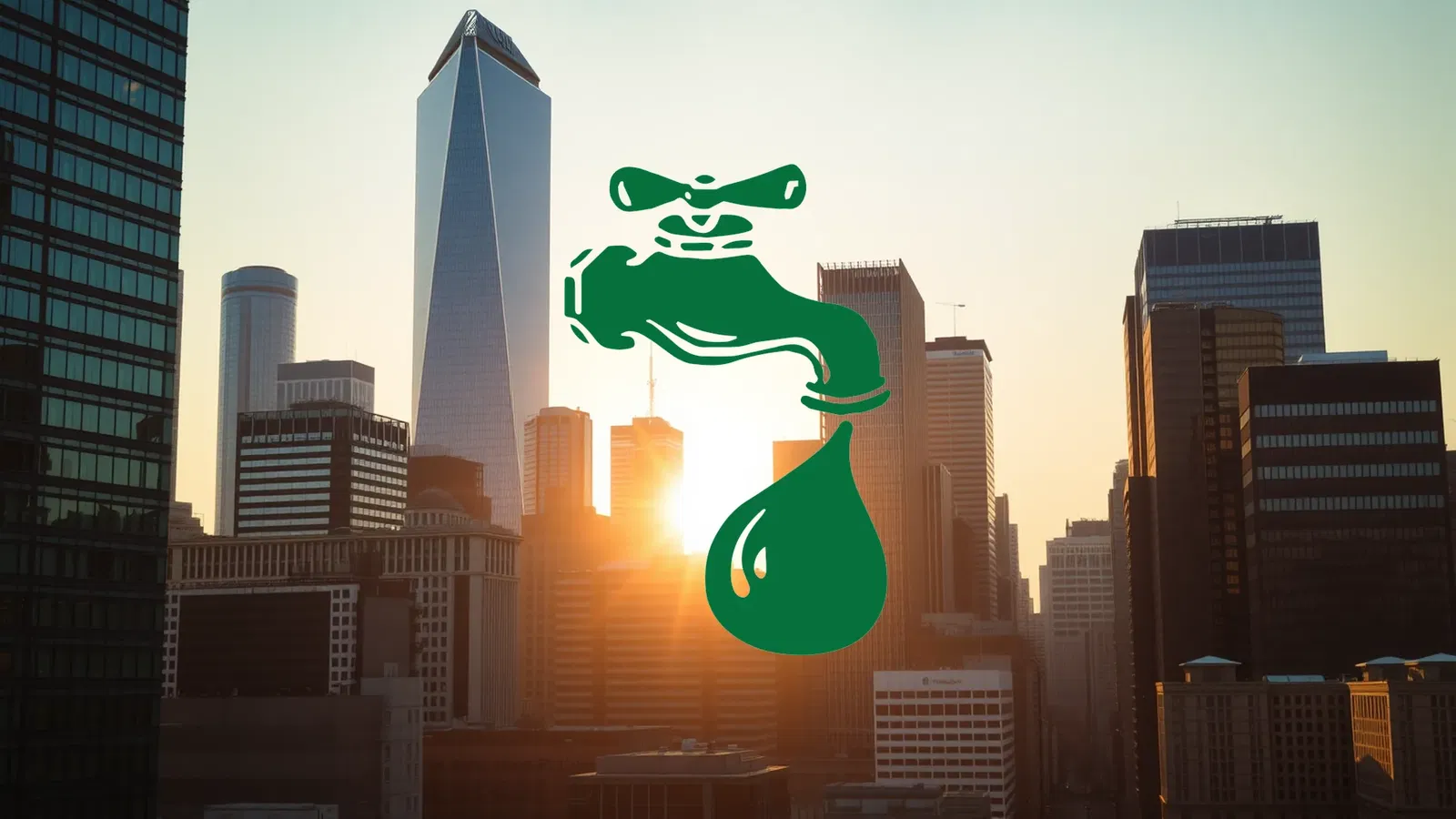Warren Buffett’s investment conglomerate Berkshire Hathaway has achieved a historic milestone, becoming only the eighth U.S. company to surpass a $1 trillion market capitalization. While this achievement captures global attention, the Oracle of Omaha is simultaneously executing a sophisticated financial strategy that demonstrates his enduring investment genius.
Record Cash and Strategic Portfolio Shifts
Berkshire Hathaway currently maintains an unprecedented cash reserve of $334.2 billion while continuing as a net seller of equities. The company significantly reduced its Apple position by approximately 50% during the second quarter and divested $3.8 billion worth of Bank of America shares. Simultaneously, Berkshire revealed previously undisclosed positions in three companies: homebuilders D.R. Horton and Lennar, along with steel producer Nucor Corporation.
The conglomerate’s operational businesses generated $22.8 billion in profit during the first half of the year, representing a 26% increase compared to the same period last year. Since Buffett assumed leadership in 1965, Berkshire shares have delivered gains exceeding 5,600,000%, demonstrating the enduring power of long-term strategic positioning even in overheated markets.
The Japanese Investment Masterstroke
At the heart of Buffett’s current strategy lies a brilliant play in Japanese markets. Berkshire has increased its stake in Mitsubishi Corp from 9.74% to 10.23%—a seemingly modest move with significant implications. The conglomerate maintains substantial positions in five major Japanese trading houses: Mitsubishi, Mitsui, Itochu, Marubeni, and Sumitomo.
Should investors sell immediately? Or is it worth buying Berkshire Hathaway?
These corporations function as the central nervous system of Japan’s economy, handling critical imports of essential commodities including oil, natural gas, iron ore, and copper while simultaneously facilitating the nation’s machinery and electronics exports.
The Yield Arbitrage Advantage
The true brilliance of Buffett’s strategy emerges in its financial engineering. Berkshire borrows funds in Japanese yen at approximately 0.5% interest while earning 7-8% total returns from its investments in the trading houses. Investment manager Mohnish Pabrai has characterized this approach as generating “infinite returns” since dividend income alone exceeds borrowing costs even before considering potential capital appreciation.
Japanese trading giants trade at single-digit price-to-earnings ratios, creating a stark valuation contrast with increasingly expensive U.S. markets. What began as a $6 billion investment initiative in 2020 has grown to a $23.5 billion market value position by the end of 2024, demonstrating the extraordinary success of this cross-market strategy.
Ad
Berkshire Hathaway Stock: Buy or Sell?! New Berkshire Hathaway Analysis from February 7 delivers the answer:
The latest Berkshire Hathaway figures speak for themselves: Urgent action needed for Berkshire Hathaway investors. Is it worth buying or should you sell? Find out what to do now in the current free analysis from February 7.
Berkshire Hathaway: Buy or sell? Read more here...

